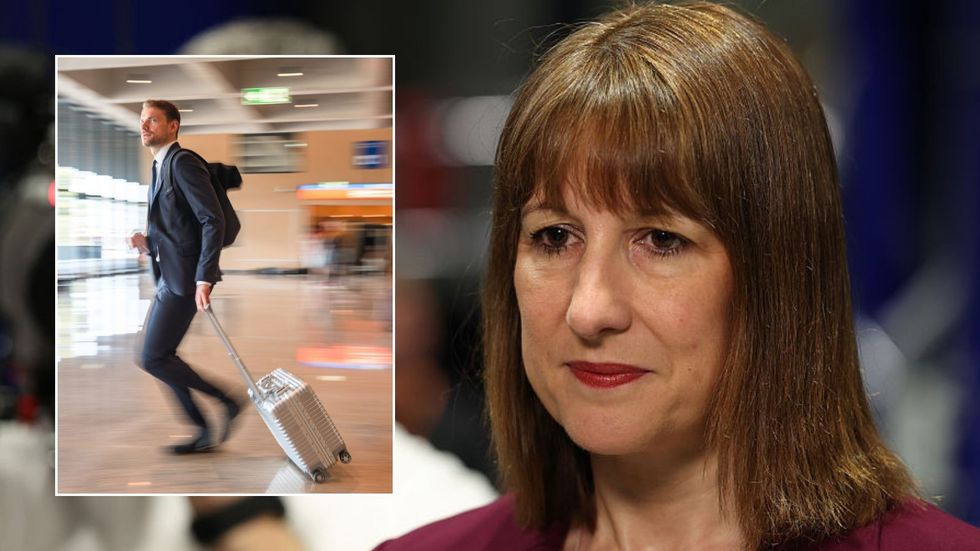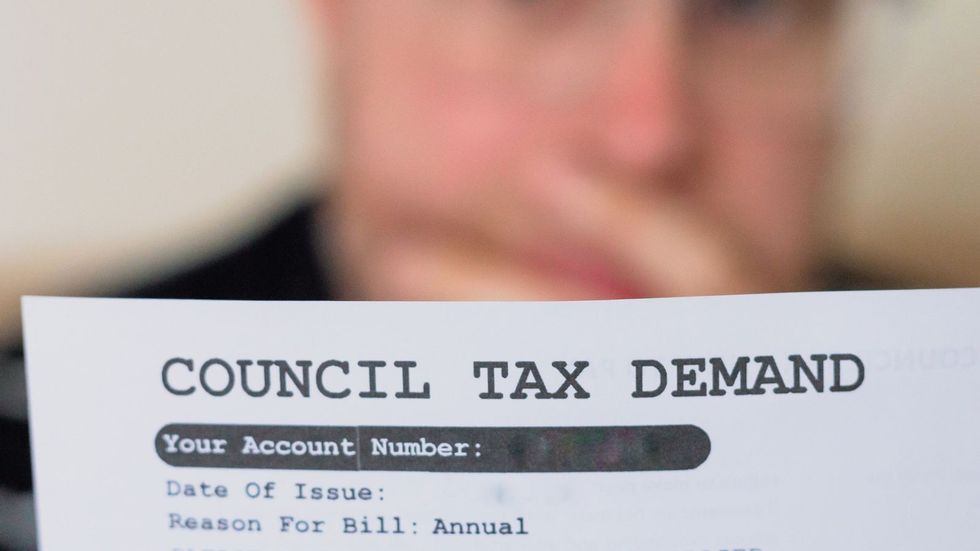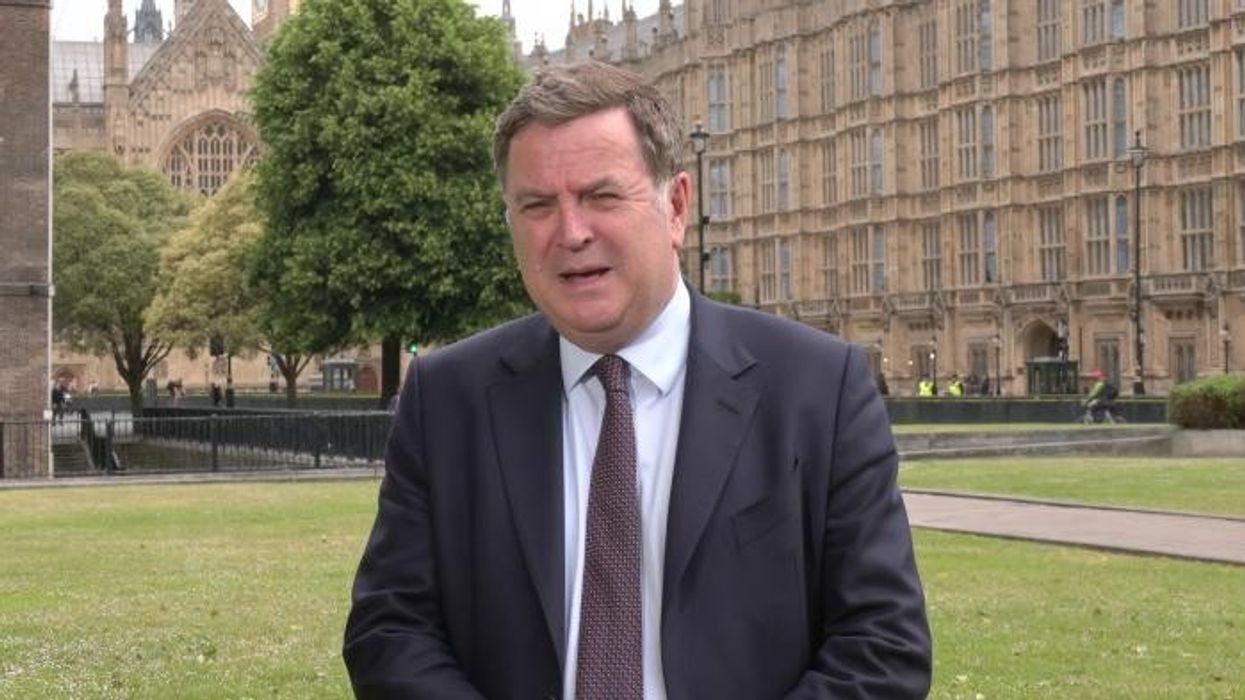Tax crisis as non-dom residents flee UK after Rachel Reeves changes, shocking report reveals

"Non-dom" individuals are UK residents whose permanent home, or domicile, for tax purposes is outside the country
Don't Miss
Most Read
A new report has revealed that at least 10 per cent of non-domiciled residents have already left the UK following Labour's abolition of non-dom tax status.
New analysis from former Treasury economist Chris Walker estimates that significantly more departures are expected in the coming years.
The report found that Labour's policy was based on flawed research from Warwick University that underestimated the number of wealthy people who would leave Britain.
According to the original 2022 Warwick study, it is forecast only 0.37 per cent of non-doms would depart and estimated the policy would raise £3.2 billion annually in tax revenue.

Non-dom taxpayers are fleeing the country in the wake of the Chancellor's tax changes
|GETTY
The new report criticises the Warwick University research as "over-optimistic and incomplete", finding that it examined only the behavioural response of long-term resident non-doms who were likely to have greater attachment to the UK.
Furthermore, the academic study applied these same estimates to all non-domiciled residents, failing to consider alternative behavioural responses.
According to Walker's analysis, this narrow methodology led to heavily skewed fiscal projections that underestimated departures.
The Warwick paper, titled "Taxation and Migration by the Super Rich", was regarded as the key influential research that shaped the Government's policy to abolish non-dom status.
Do you have a money story you’d like to share? Get in touch by emailing money@gbnews.uk.
 Britons are already paying more of their hard-earned cash to other tax bills | GETTY
Britons are already paying more of their hard-earned cash to other tax bills | GETTY Research by the Centre for Economics and Business Research (CEBR) warns that the Treasury faces significant financial risks from the non-dom exodus.
The CEBR estimates that if 25 per cent of non-domiciled residents leave the UK, the net gain for the Treasury would be zero. If departures exceed this 25 per cent threshold, the Treasury would begin to lose revenue rather than gain it.
As well as this, the report notes that the Office for Budget Responsibility (OBR) assigned a very high uncertainty rating to their tax revenue costings for the policy.
Notably, the report highlights how international tax competition has intensified as the UK tightened its non-dom regulations while other countries loosened theirs. Italy and Greece have introduced measures specifically designed to attract British non-doms to relocate there.
Walker explained: : "The unintended consequences have only been exacerbated by the fact that other countries have since introduced measures to attract British non-doms to live and work there."
Despite its criticism, the report proposes several solutions to mitigate the slide of non-dom departures from the UK.
LATEST DEVELOPMENTS:

Changes to non-dom tax rules could cost the economy billions of pounds, a new report has found
| PA/GETTYThese include extending the Temporary Repatriation Facility to four years for UK non-doms currently resident, which could also apply to newly arriving non-doms within their first four years to attract more wealthy individuals.
The analysis recommends removing the worldwide basis for Inheritance Tax for those resident in the UK for 10 years or more of the last 20 years.
This measure appears to be driving considerable non-dom flight yet raises only 1.5 per cent of the additional revenue scored.
Finally, the report also suggests reinstating key protections around Transfer of Assets Abroad legislation to prevent profits from foreign companies being taxed as both personal income and again on distribution, which could create an effective tax rate as high as 67 per cent.
More From GB News











